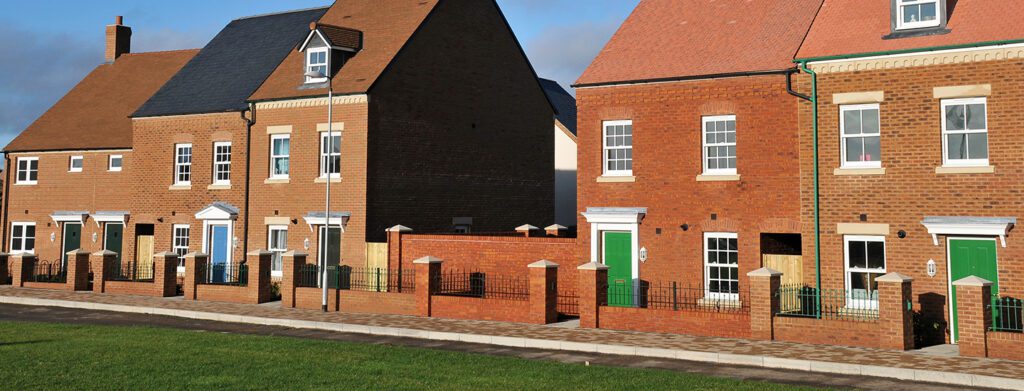In the Autumn Statement 2015 it was announced that rates of Stamp Duty Land Tax (SDLT) for purchases of ‘additional residential properties’ (such as buy-to-let properties and second homes) will attract an additional 3% SDLT charge above the standard rates from 1 April 2016. A consultation on the application of these proposals opened on 28 December 2015 and closed on 1 February 2016. The feedback is currently being analysed and final legislation is expected to be announced on or soon after the Budget on 16 March.
Broadly, the proposals are as follows:
- The additional rate will apply to relevant transactions where contracts were exchanged after 25 November 2015 if the transaction is completed on or after April 1 2016.
- If an individual does not own any other property, the purchase of a residential property by that individual (whether used as a buy-to-let or as a main residence) will not attract the higher rate. This means that first time buyers are not affected by the change.
- Where the individual does own other residential property (including any property overseas), the purchase of an additional property will attract the higher rate unless it is a replacement of their main residence (which must be sold, either in the past 18 months or within the 18 month period following the acquisition of a new property).
The government intends to apply these provisions to trusts and beneficiaries purchasing residential property, as it is concerned that trusts could be used as vehicles to hold property to avoid the additional rate of SDLT. In determining whether or not the additional SDLT rate is due, regard must be taken of the type of trust as they will not all be treated the same.
Bare Trusts
Purchases of residential property by trustees of bare trusts will continue to be treated as if they are made by the beneficial owner. There will therefore be no difference in treatment compared to the beneficial owner purchasing the property themselves. Whether or not the higher rate of SDLT applies will depend on the facts and circumstances of the relevant individual. As the new surcharge only applies to the purchase of ‘additional properties’, if the purchase is a first property or a replacement of a main residence, then the higher rates will not apply. If however, the individual already owns a main home, and buys another without selling their existing property, then they would be caught by the new rules.
Life Interest or Interest in Possession Trusts
If the trust owns an interest in a residential property, then a beneficiary with a life interest or interest in possession will be treated as owning that property for the purposes of the new SDLT rates. This means that the acquisition of another residential property, either by the trustees or the beneficiary themselves, will be liable to the higher rates of SDLT.
Again, should the trustees sell a property currently occupied by the life tenant, and purchase another one to replace it, the higher SDLT rate would not apply. This is the position even if the life tenant also has an interest in an investment property held in the trust – the key point is that his main residence has been replaced.
Discretionary Trusts or Interests in Remainde
Beneficiaries with interests under a discretionary trust or with an interest in remainder are considered to be too remote or insignificant to be counted as an interest held by a beneficiary. Therefore, any future purchase by them of a residential property will not attract the higher SDLT rate.
However, it is proposed that any purchase of a residential property by the trustees of such trusts will be liable to the higher rates (this appears to be so even if there is no beneficiary with a right to income from the property or entitled to occupy it under the trust terms).
Conclusion
It is expected that the current proposals will be amended or developed further following the consultation and publication of draft legislation, which is likely to be announced either at or after the Budget on 16 March. It can only be hoped that the treatment of trustees and beneficiaries, in particular discretionary trusts, is looked at more closely, as the additional rate seems to be particularly unfair as currently applied to them.



